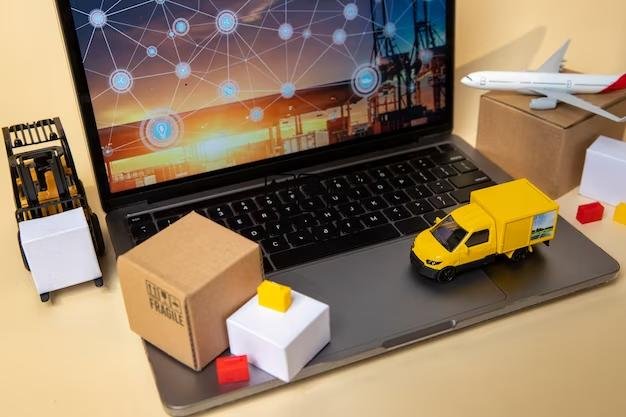Logistics ERP Software: Best Functionality For Logistics Management System
Modern supply chain and logistics operations require logistics management software as a form of oxygen, which is essential to life. From the first to the final mile of operations, the optimal logistics management solution will provide appropriate planning for the distribution of goods and services. When daily procedures are hidden from view, logistics operations can become complicated.
Read More








